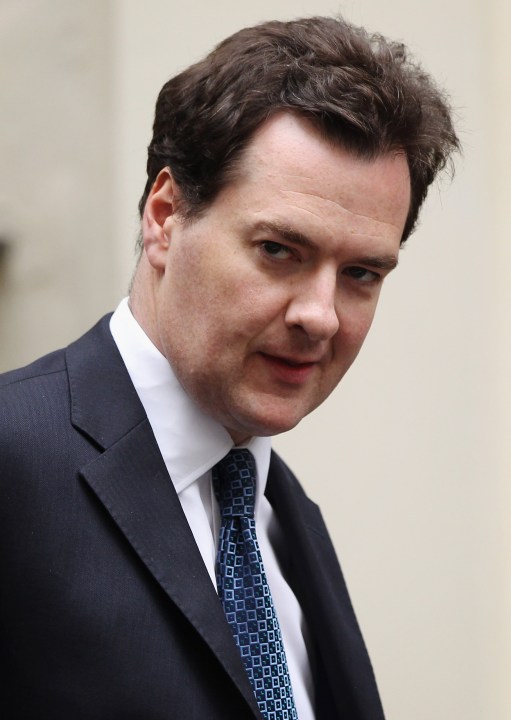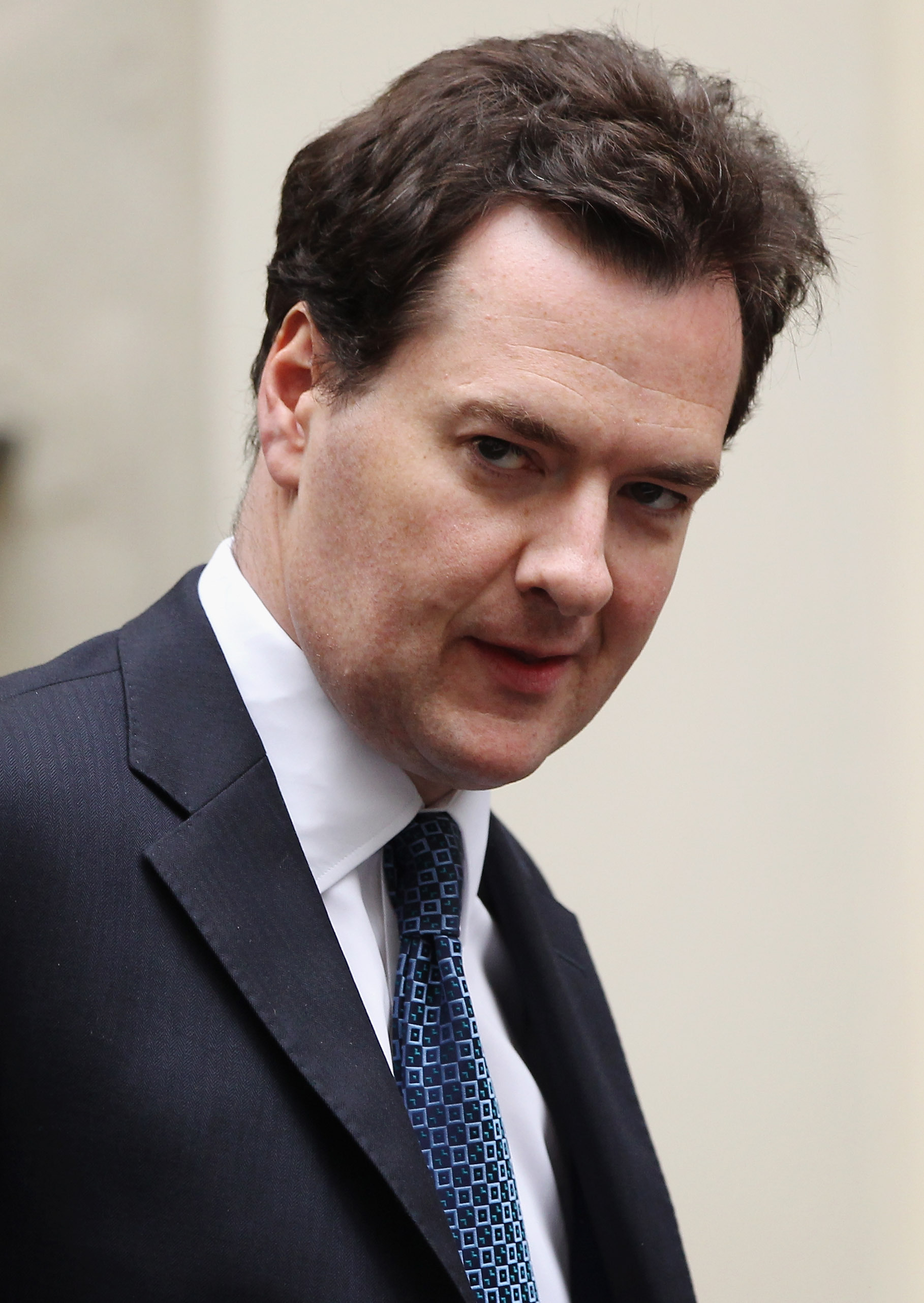 Strikes, Olympic boycotts and obesity league tables — it’s a dreary set of
newspaper front covers this morning. But none of them are quite so dreary as the Telegraph’s, which speaks of ‘The return of recession’. According to their story, the OECD has told ministers
that its latest set of forecasts, released on Monday, will have the UK economy shrinking for the first six months of next year. They’re not the first forecasting organisation to suggest a
double-dip — going by the Treasury’s overview of indpendent forecasts, Schroders Investment Management have economic
‘growth’ at -0.4 per cent in 2012 — but they are the most prominent so far. Shudder ye might.
Strikes, Olympic boycotts and obesity league tables — it’s a dreary set of
newspaper front covers this morning. But none of them are quite so dreary as the Telegraph’s, which speaks of ‘The return of recession’. According to their story, the OECD has told ministers
that its latest set of forecasts, released on Monday, will have the UK economy shrinking for the first six months of next year. They’re not the first forecasting organisation to suggest a
double-dip — going by the Treasury’s overview of indpendent forecasts, Schroders Investment Management have economic
‘growth’ at -0.4 per cent in 2012 — but they are the most prominent so far. Shudder ye might.
Of course, one forecast does not make a recession by itself. But it does set into high relief the economic difficulties that face the country, as well as the political difficulties that face the government. Coming so soon after the growth review, there would be a particularly bitter irony to any period of shrinkage. And although it would be true that much of this is down to the eurozone — which faces, according to the OECD, a more violent downturn than the UK — the coalition would rather not have to deal with that truth. It would prefer, of course, to be on course for growth and all that follows from it.
There is another line in the Telegraph story that stands out just as much as the OECD’s forecast. It is that ‘the OBR will warn the Government that the plan to tackle the national debt may take longer than first expected.’ This — as I detailed in the Times (£) a few months ago — could be crucial. George Osborne’s entire deficit reduction strategy is predicated on a fiscal rule: to have the national debt falling as a share of the economy by 2015. If that rule looks set to be broken, then the credit rating agencies will start circling and demanding more action be taken. And the Chancellor will face a choice: ignore their predations, or go for more austerity — Austerity Squared — in his budgets next year and beyond.
Little wonder why David Cameron said, earlier this week, that ‘Getting debt under control is proving harder than anyone envisaged.’ After encoding plenty of spending cuts and tax hikes into its agenda last year, the coalition now faces the prospect of starting all over again.







Comments